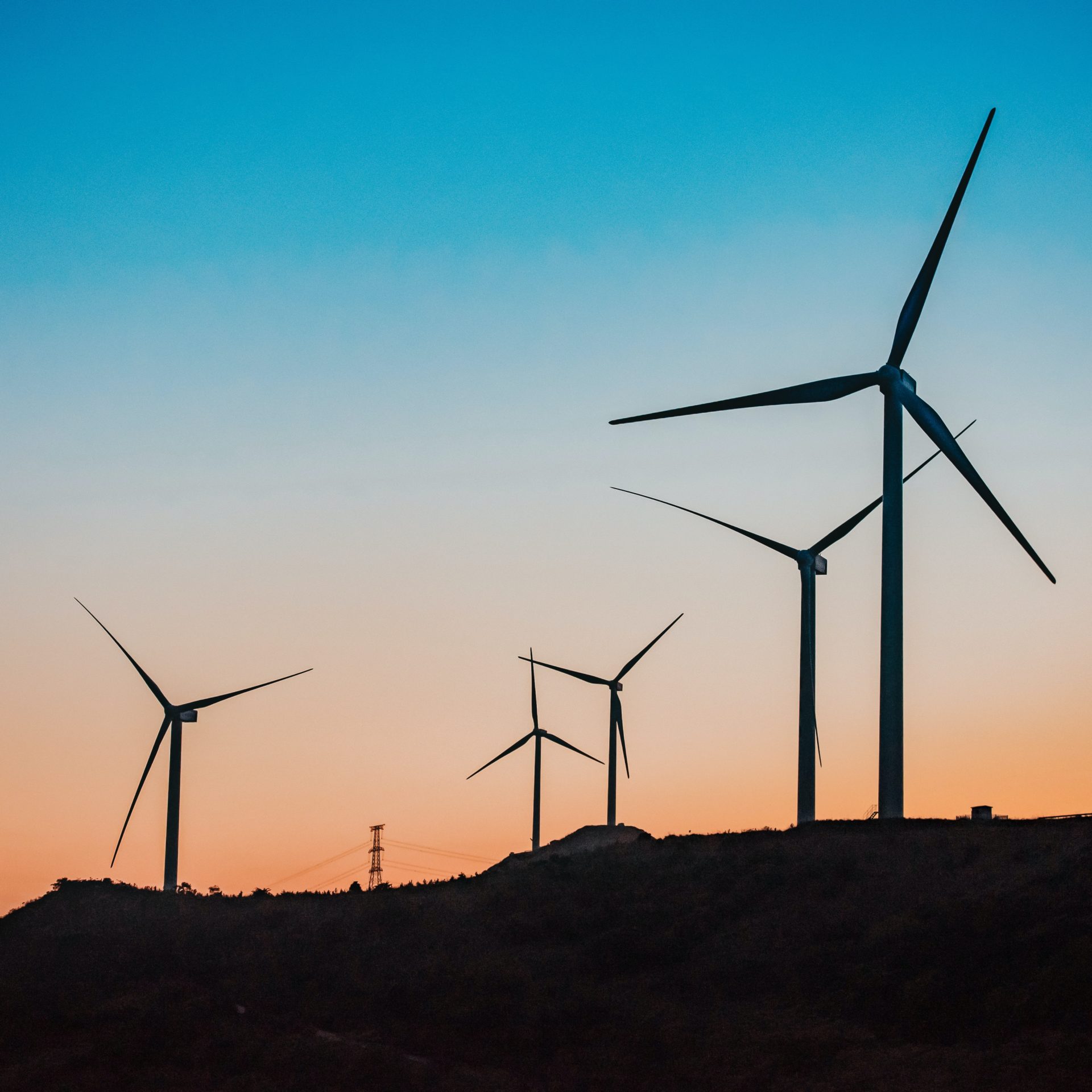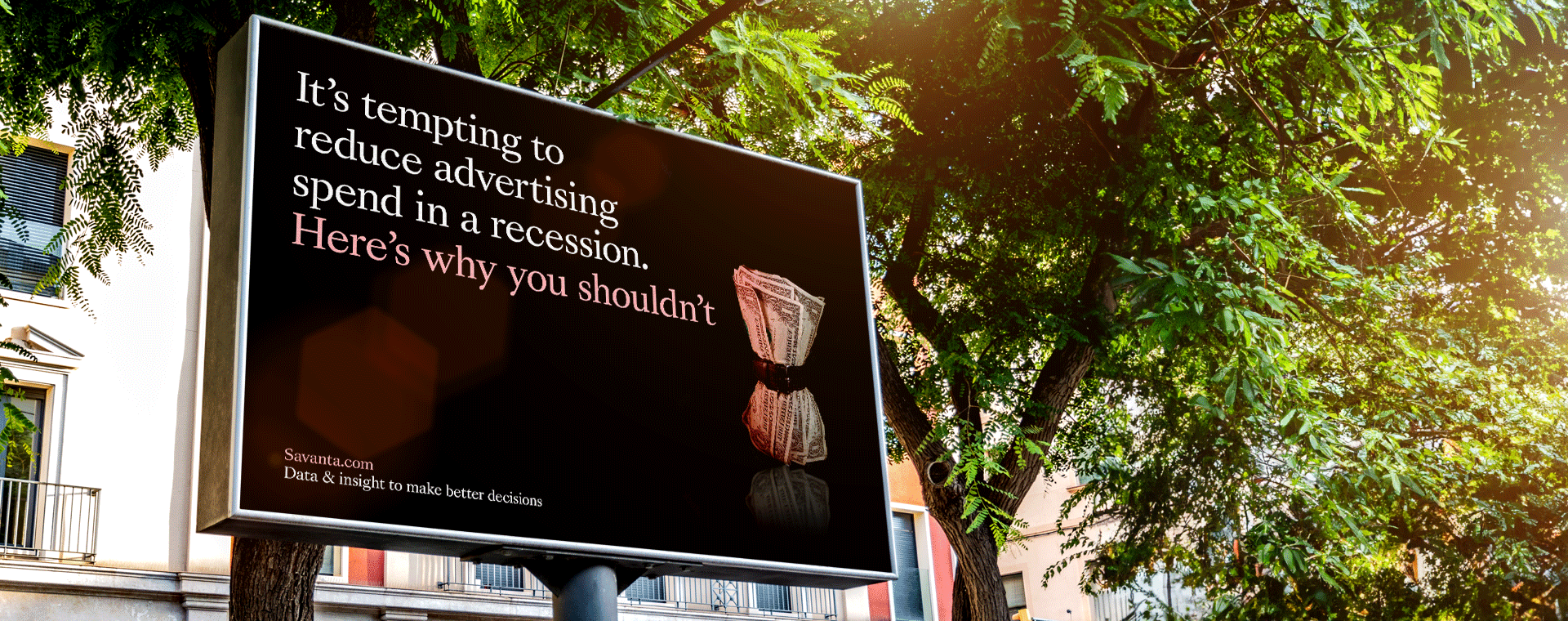
Savanta's Eco Index 2021
Gas shortages, rising bills and suppliers going bust… it’s a perfect storm which could make life very tough for UK households this winter, with COVID-19 still a concern too.
On top of this, promoting a net zero agenda at COP26, the government has unveiled plans to shift energy levies away from electricity and on to gas this decade.
How willing would the UK public be to pay higher utilities bills, or move away from gas boilers to potentially expensive heat pumps, to do their bit for the environment?
After the debut report released last year, with over 6,000 respondents Savanta’s Eco Index 2021 explores opinions on environmental issues in the UK, US and Canada. Following recent headlines for the utilities sector, this article focuses on UK insights about gas providers.
It will be interesting to see the decisions Gen Z makes in the coming years, with the environment high on their agenda – and everything about to change in the utilities sector.
We asked those responsible for choosing their gas provider what the main reason was – and for nearly half (48%), it comes down to price.
Men are significantly more likely than women to choose a gas supplier based on cost. Likelihood to prioritise price above all else also increases with age, with Baby Boomers significantly more likely to choose a provider for cost reasons than Gen Z or Millennials.
In a distant second, brand name is the top criteria for 15% and after that comes environmental credentials at 14%, rising to 16% for Gen Z.
While the total citing environmental, sustainability or ethical credentials is 36%, it still shows that cost, unsurprisingly, remains the main criteria for provider choice.
In fifth place is Octopus Energy (7%), which has shaken up the market in recent years by positioning itself as a go-to provider for green gas and electricity.
They may put price first, but Baby Boomers (9%) are also significantly more likely than Millennials (5%) and Gen Z (4%) to have chosen Octopus.
Of course, not everyone has gas in their home. Over three quarters (76%) do, with Baby Boomers (82%) significantly more likely than Gen Z (62%) – and therefore more likely to be the ones affected by the gas price rises.
Naturally, older generations also have the decision-making power when it comes to supplier choice. The vast majority of Baby Boomers (93%) chose their gas provider, significantly more than any other age group.
In contrast, only 64% of Gen Z have chosen their gas provider.
Therefore, the generation most likely to see the effects of climate change in their lifetime may have to wait their turn, before calling the shots about energy usage at home. It will be interesting to see the decisions Gen Z makes in the coming years, with the environment high on their agenda – and everything about to change in the utilities sector.
To learn more about consumer attitudes to environmental issues and the impact on their purchase decisions, click here to download the UK version of our Eco Index 2021 report and here to access the Americas version.





